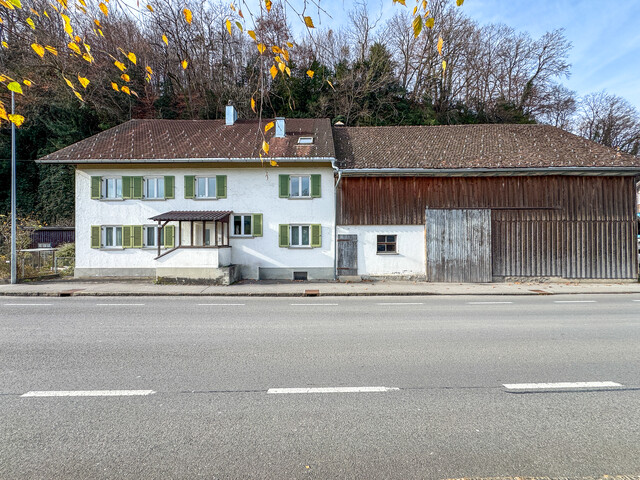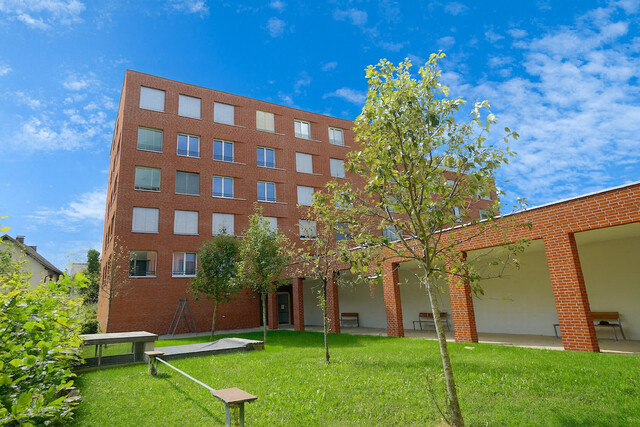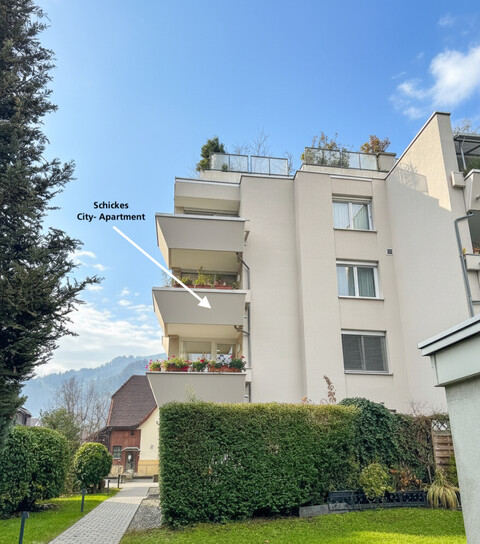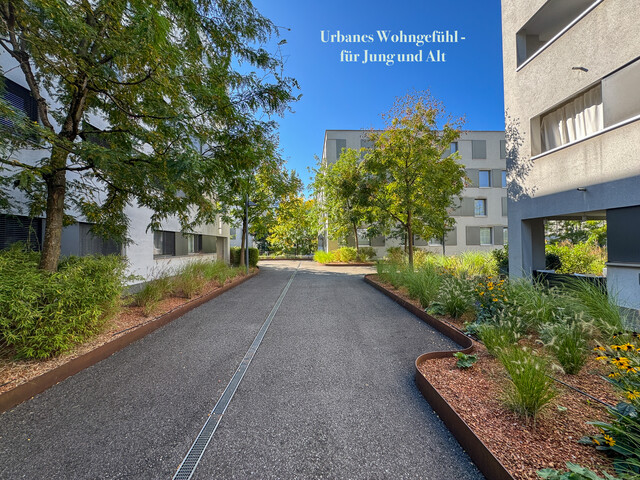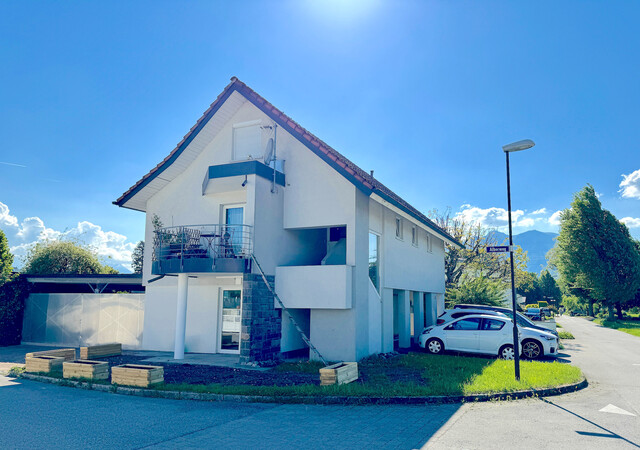German, but Please Made in Austria: Why We Austrians Love Our Standard German

Austrians perceive "Austrian Standard German" not only as more beautiful and sympathetic but also as more educated, correct, and precise. This is the surprising interim result of a study by Stefan Dollinger from the University of British Columbia (Canada). So far, around 41,000 people have participated in the online survey, with which the linguist is researching the attitude towards Austrian Standard German. You can still participate.
Current Survey on Austrian Standard German
Since the end of May, the Anglicist and Germanist has been conducting a survey on the state of Austrian-influenced Standard German. The two largest groups among the more than 41,000 participants so far are (by self-assessment) "Austrians" (around 38,000), with all federal states represented, and "Germans" (around 900) living in Austria. The survey thus represents "the most comprehensive language study in Austria to date," Dollinger explained to the APA.
German as a Language with Multiple Standards
Differences between the two groups already appear in a fundamental question of the study, namely whether they consider German as a "language with differences in Standard German between the individual German-speaking countries" (pluricentric view) or as a "language with a single Standard German" that applies everywhere (monocentric view). 94 percent of Austrians perceive German as a language with more than one standard, while only 81 percent of Germans living in Austria do so.
Considering where in Austria the respondents spent their childhood, there are only slight differences. Agreement with the "language with differences" is highest in Vienna and Styria at 95 percent, and lowest in Vorarlberg at 89 percent. There are only slight but significant differences in this question regarding the level of education - agreement with the pluricentric view ranges from 95 percent among academics to 91 percent among respondents with compulsory education or apprenticeship.
Younger People Also Appreciate Austrian Standard German
There is also a high, over 90 percent approval of this view across all age groups. "The data does not show that the younger generation has decreased their appreciation of Austrian Standard German compared to the oldest age groups," said Dollinger.
Significant differences between Austrians and Germans in Austria are evident in the approval or rejection of the view that Austrian-influenced Standard German is more appropriate here than German Standard German. Only 2.5 percent of Austrians reject this, compared to 14 percent of Germans living in Austria. Conversely, 94 percent of Austrians find this view more appropriate, while among Germans in Austria, it is 76 percent.
German Standard German perceived as more arrogant by all respondents
The researcher considers the results to the question of how Austrian-influenced Standard German or German Standard German affects them as "somewhat surprising, but enormously solid": Austrians consider Austrian Standard German not only more educated, beautiful, and likable than German Standard German, but also more correct and precise. They perceive German Standard German as significantly more arrogant - an assessment shared with Germans living in Austria. However, they consider German Standard German more educated, correct, and precise, but also find Austrian-influenced Standard German more beautiful and likable.
According to Dollinger, the interim results show that "contrary to the academic opinion in German studies, no denationalization of German is detectable and the younger generation does not have a significantly different view of Austrian Standard German." Austrian Standard German, not just the dialect, "seems to be important for Austrian expressions of identity."
Participation in the study still possible
The linguist and his team would be pleased if more people participated in the survey. The goal is to have a sample of one percent of the total population. This is still possible until the end of September. According to Dollinger, completing the questionnaire takes eight to nine minutes and is open to all who live or have lived in Austria for a longer period.
(APA/Red)
This article has been automatically translated, read the original article here.
Du hast einen Hinweis für uns? Oder einen Insider-Tipp, was bei dir in der Gegend gerade passiert? Dann melde dich bei uns, damit wir darüber berichten können.
Wir gehen allen Hinweisen nach, die wir erhalten. Und damit wir schon einen Vorgeschmack und einen guten Überblick bekommen, freuen wir uns über Fotos, Videos oder Texte. Einfach das Formular unten ausfüllen und schon landet dein Tipp bei uns in der Redaktion.
Alternativ kannst du uns direkt über WhatsApp kontaktieren: Zum WhatsApp Chat
Herzlichen Dank für deine Zusendung.




